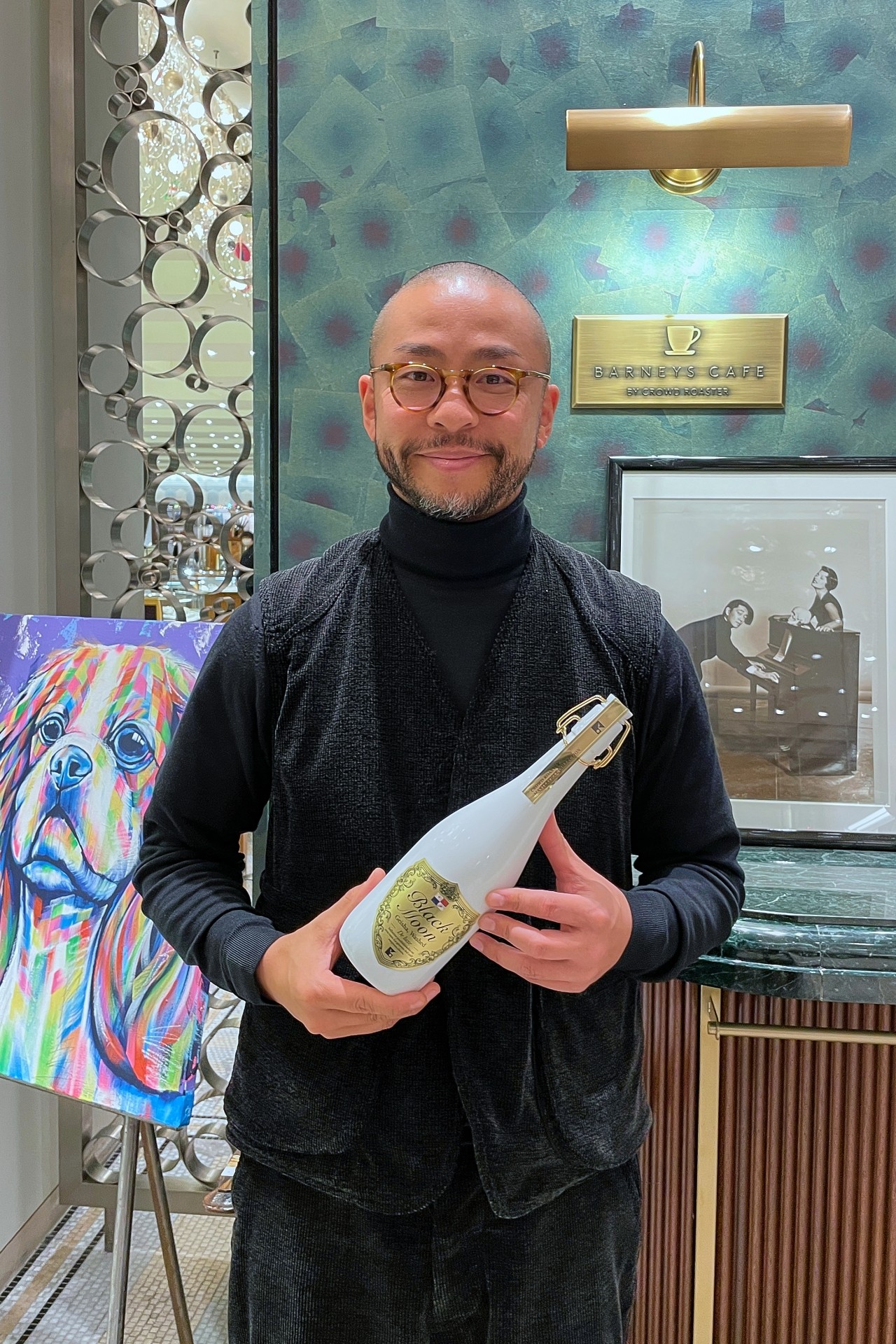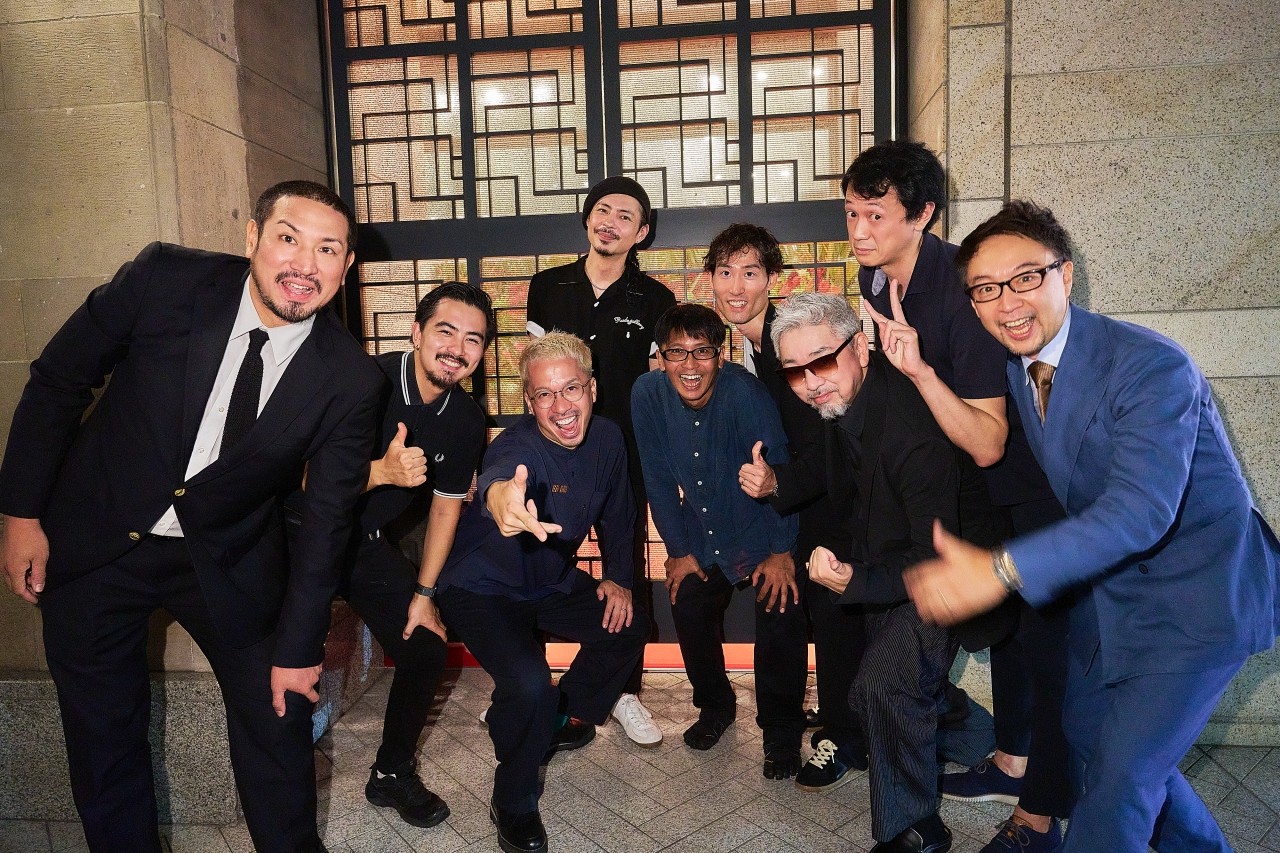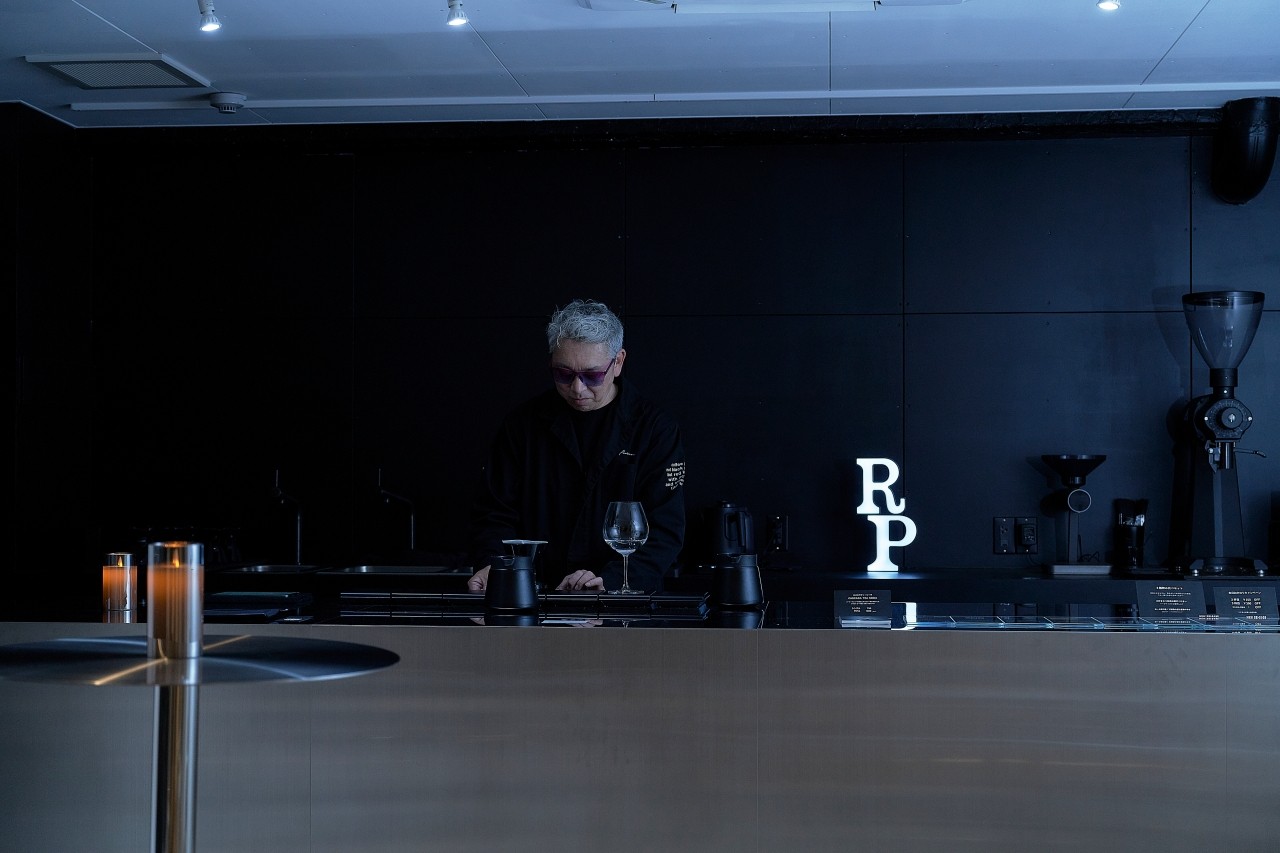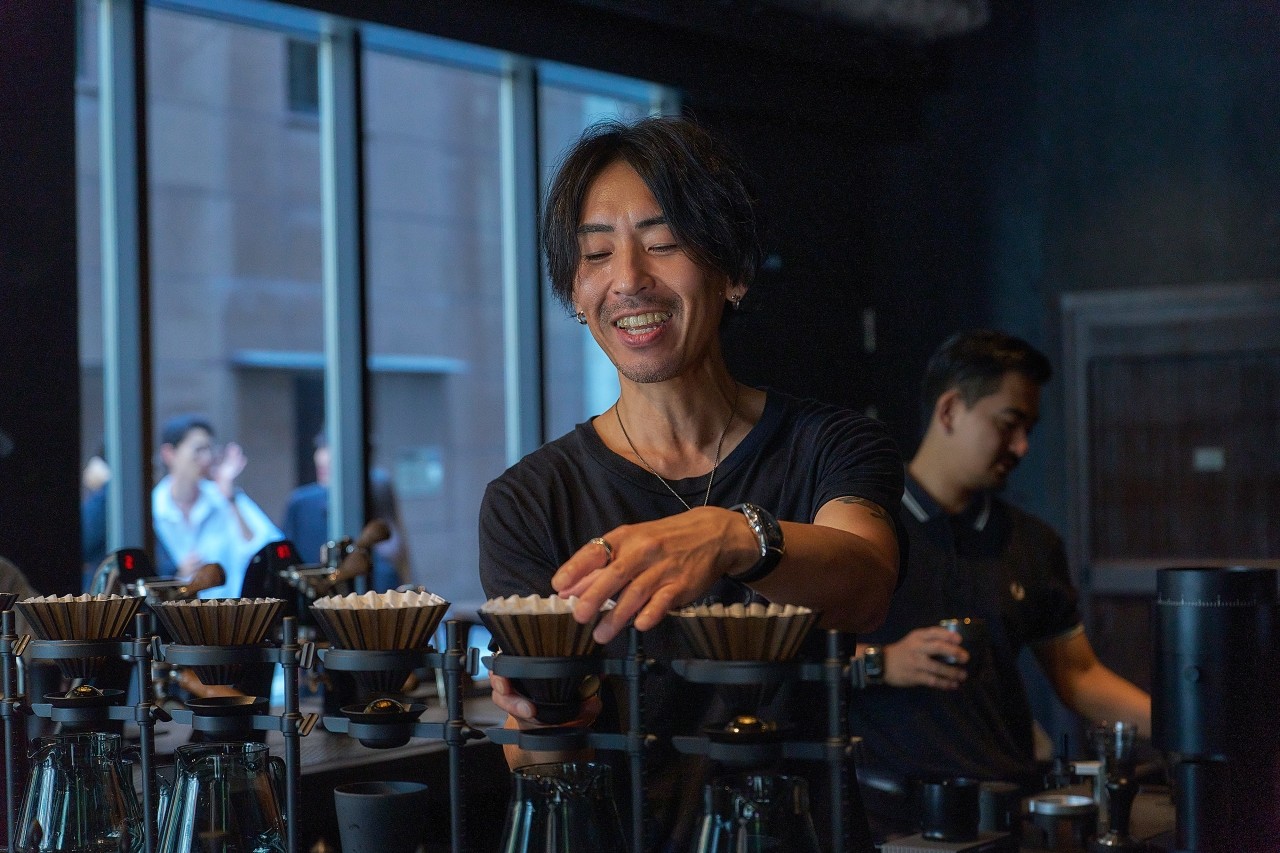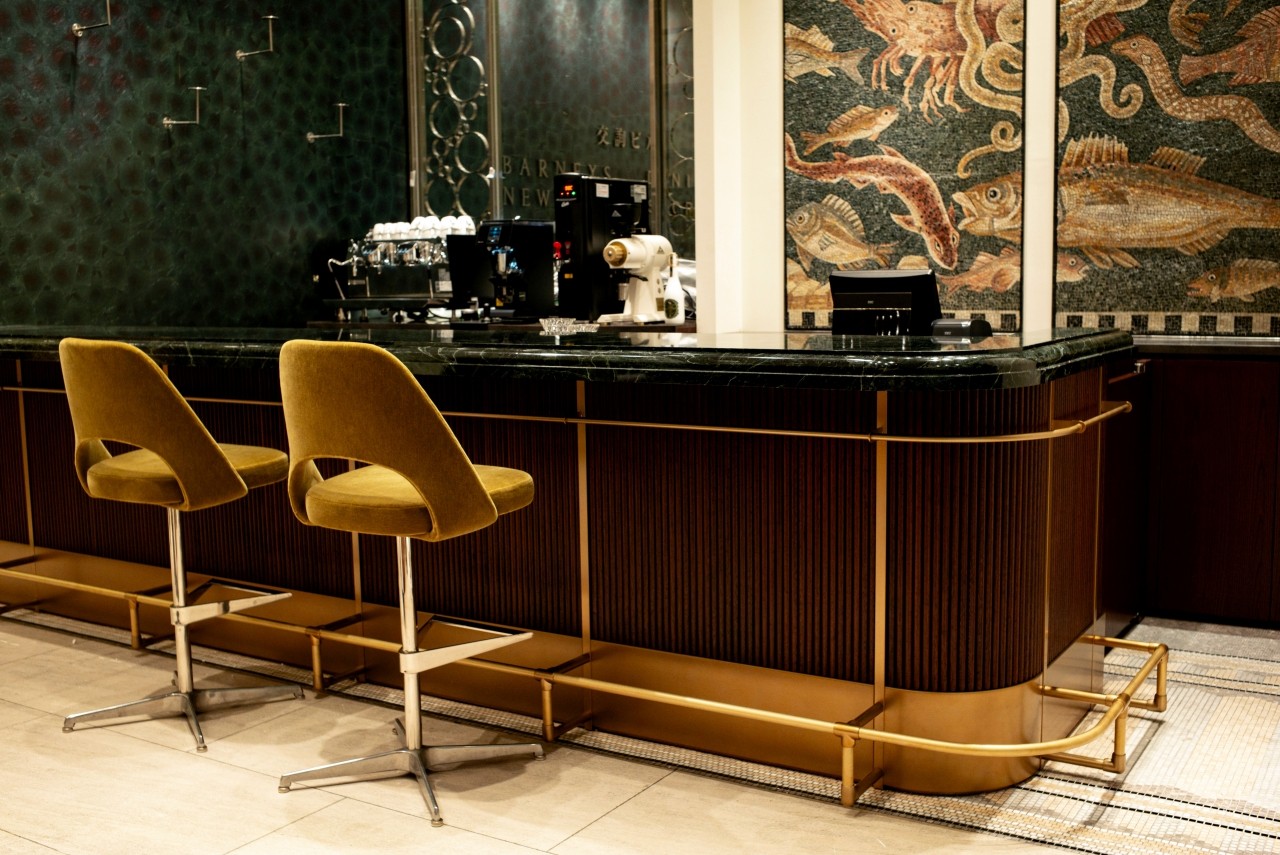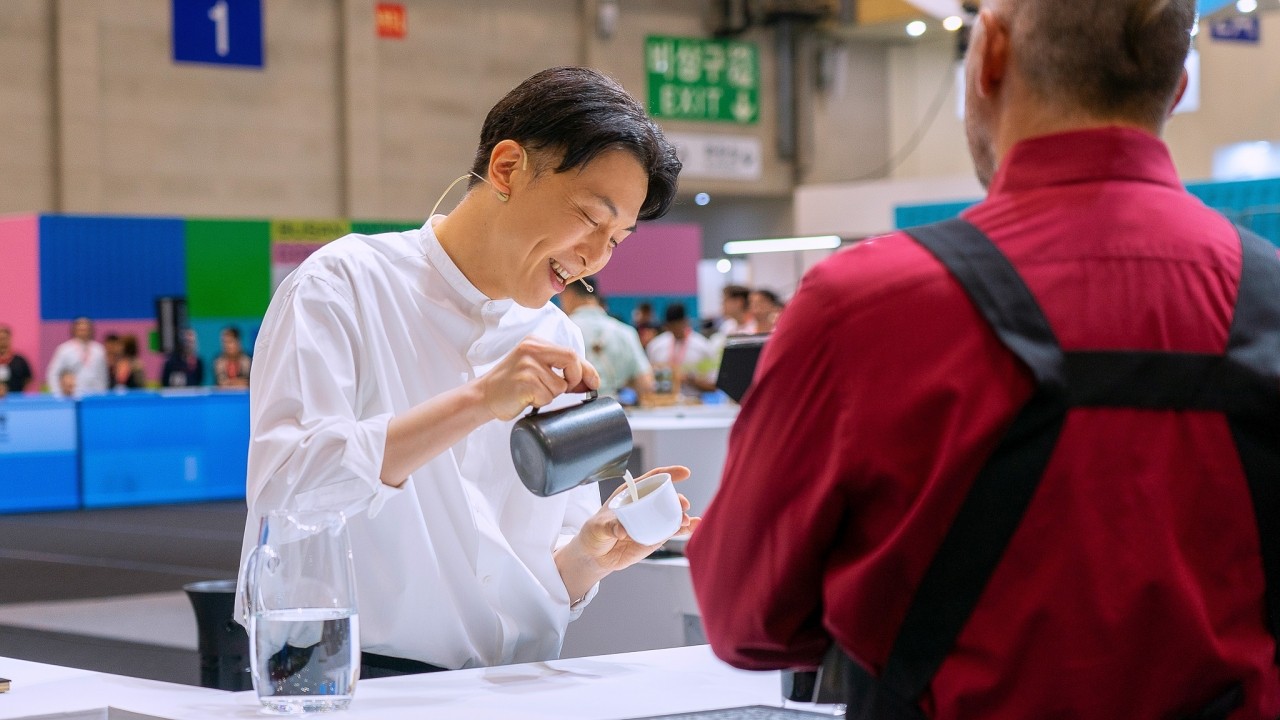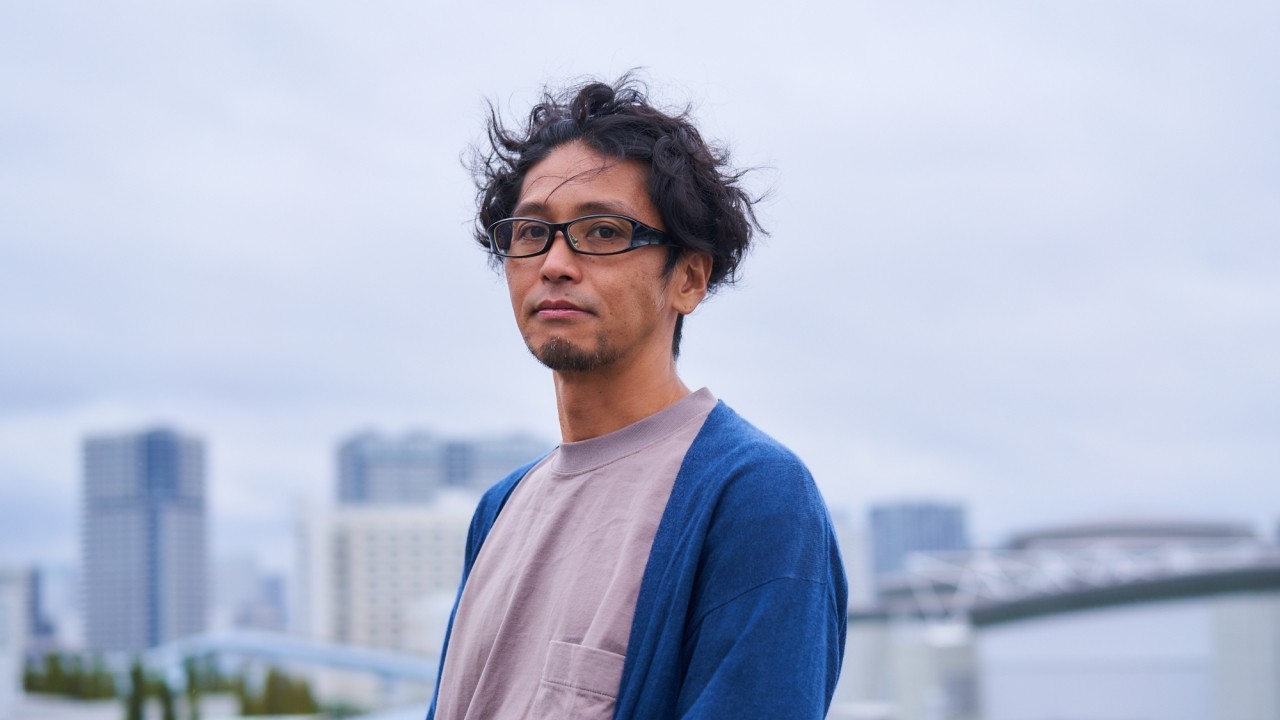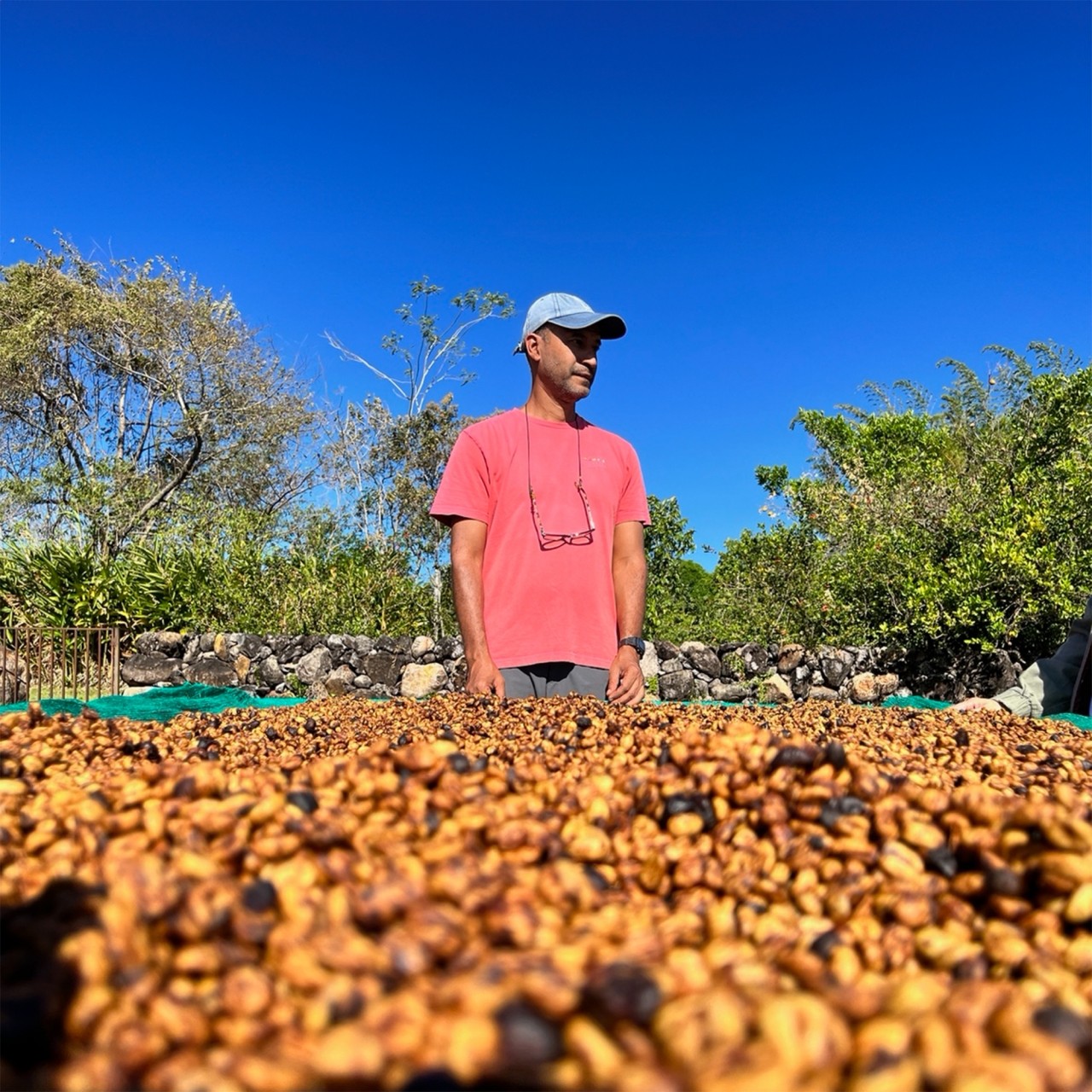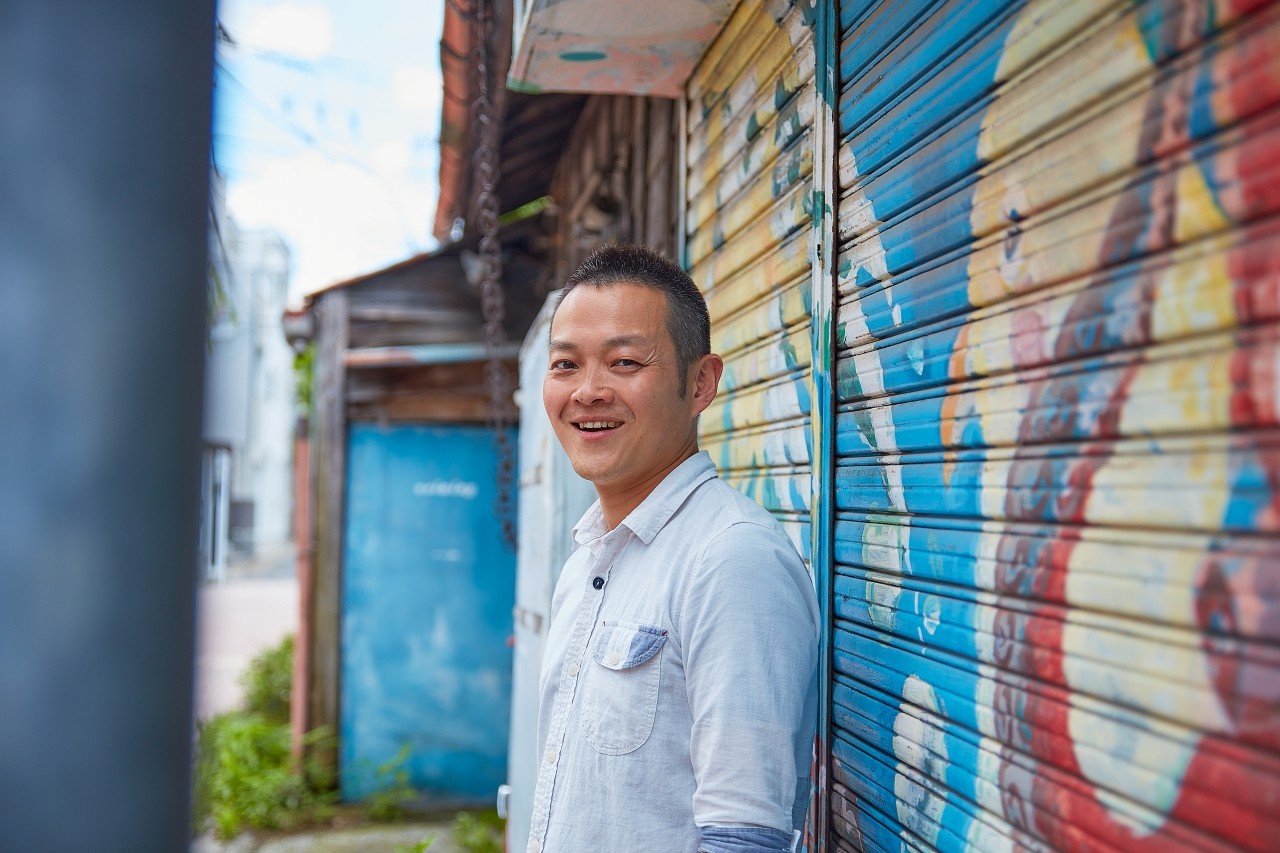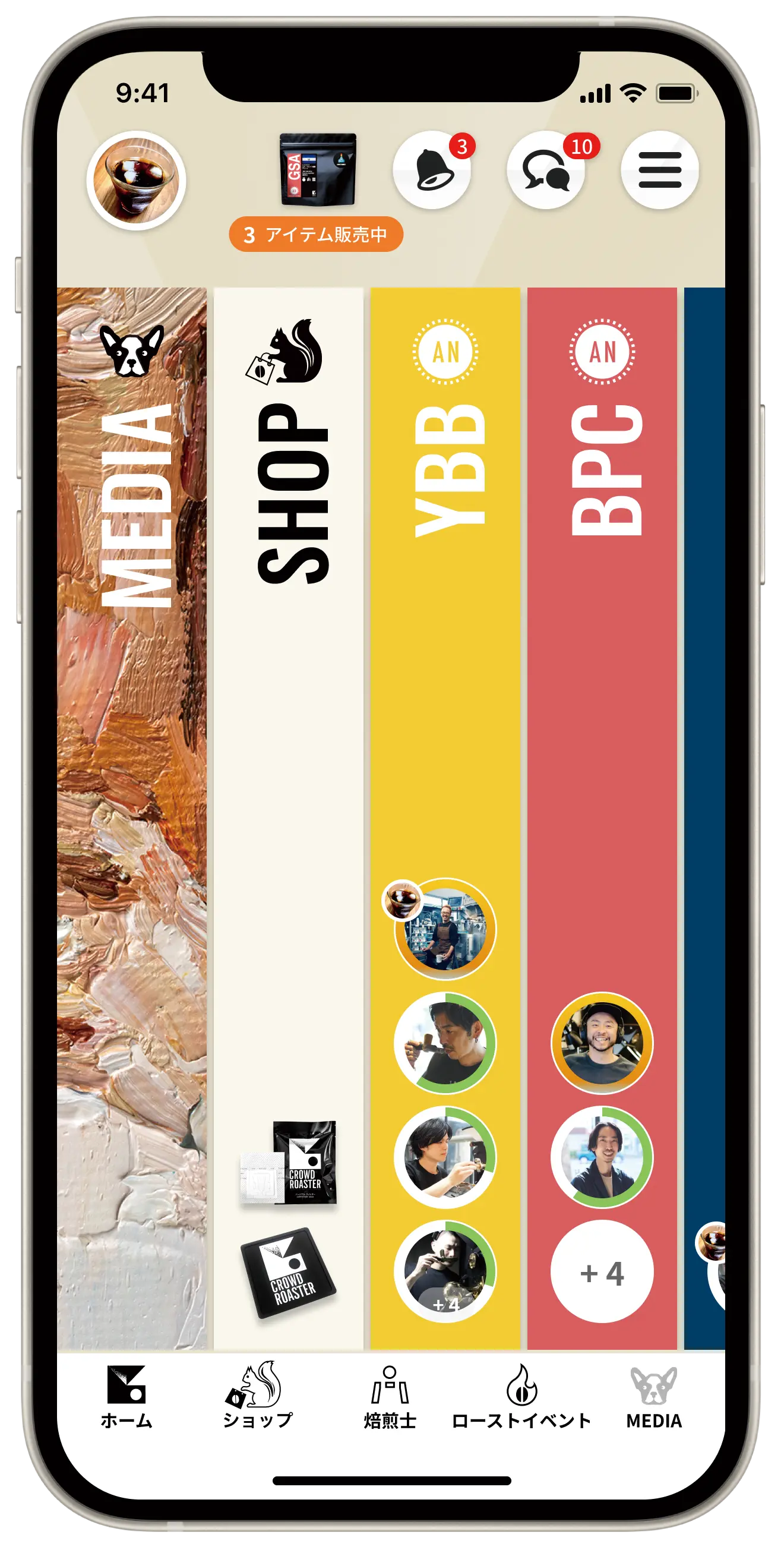Edo celebrities who drank coffee
During the Edo period, coffee was introduced to Dejima in Nagasaki, and it is said that some Japanese people who had contact with the Dutch liked coffee, but they left no records of this.
On the other hand, the first record of someone actually drinking coffee and writing down their impressions is said to be that of Ota Nanpo, a famous Edo period literary figure known as Shokusanjin.
On the other hand, the first record of someone actually drinking coffee and writing down their impressions is said to be that of Ota Nanpo, a famous Edo period literary figure known as Shokusanjin.
The experiences of Ota Nanpo, whose name became known throughout Japan
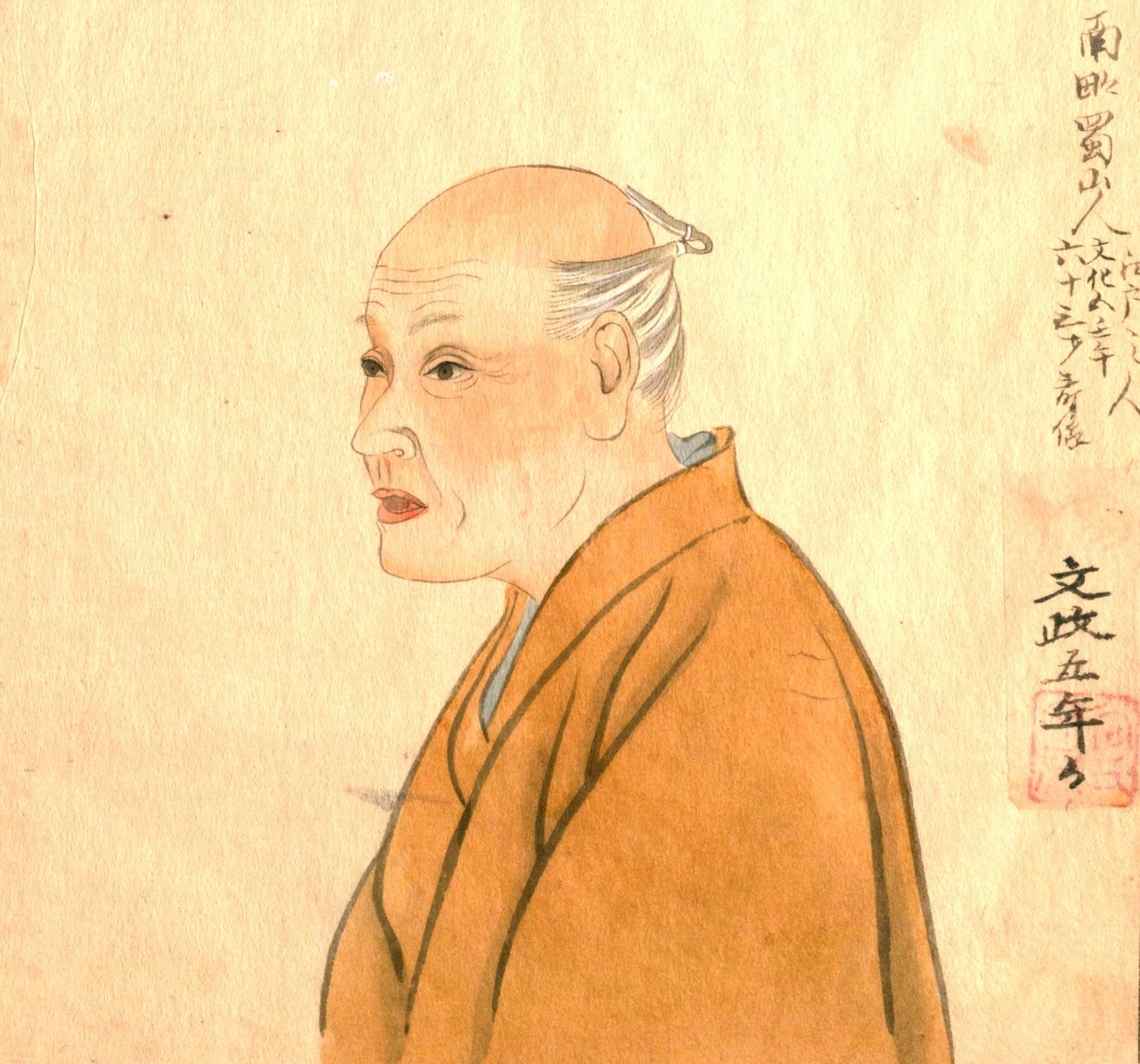
Ota Nanpo (National Diet Library Collection)
Ota Nanpo (1749-1823), who was active in the mid-Edo period, was a man of culture who took the world by storm as a master of kyoka poetry, and was also known as a comic book writer and Manabu poet.
Nanpo was a central figure in the glamorous Edo publishing world, and had connections with Hiraga Gennai, Santo Kyoden, publisher Tsutaya Juzaburo, and ukiyo-e artist Kitagawa Utamaro. He was a low-ranking samurai and a central figure in the vibrant Edo publishing world. Exchanges were born between samurai and townspeople that transcended social status, and a variety of literary works flourished.
He also wrote down everything he saw, including contemporary events and rumors, making a great contribution by passing on the various customs and events of the time to future generations.
It was precisely because Nanpo was such an inquisitive person that when he was offered coffee on a Dutch ship in Nagasaki, he boldly tried it and wrote down his impressions.
So, to give you my impressions, I will quote a passage from "Keiho Yutetsu," published in 1805 (Bunka 2). This is a record of an event that occurred on August 9th of the year before publication.
Nanpo was a central figure in the glamorous Edo publishing world, and had connections with Hiraga Gennai, Santo Kyoden, publisher Tsutaya Juzaburo, and ukiyo-e artist Kitagawa Utamaro. He was a low-ranking samurai and a central figure in the vibrant Edo publishing world. Exchanges were born between samurai and townspeople that transcended social status, and a variety of literary works flourished.
He also wrote down everything he saw, including contemporary events and rumors, making a great contribution by passing on the various customs and events of the time to future generations.
It was precisely because Nanpo was such an inquisitive person that when he was offered coffee on a Dutch ship in Nagasaki, he boldly tried it and wrote down his impressions.
So, to give you my impressions, I will quote a passage from "Keiho Yutetsu," published in 1805 (Bunka 2). This is a record of an event that occurred on August 9th of the year before publication.
On the Red-haired Ship, they recommended something called "Kauhii." It is made by roasting beans until they are black, grinding them into powder, and mixing them with white sugar. It has a burnt smell and is unbearable to the taste.
Nanpo was said to be quite a gourmet for his time, but apparently the first time he tried coffee he found it quite bitter.
Why did I drink coffee?
Now, no matter how famous an intellectual he was, boarding a Dutch ship in Nagasaki was not something he could have done at a time when strict foreign policies were being adopted.
The reason why Nanpo had the opportunity to drink coffee was because he was an official working at the Nagasaki Magistrate's Office at the time.
Born into a family of low-ranking shogunate retainers, Nanpo excelled in Manabu and became famous in the literary field, but during the day he worked as a shogunate retainer.
Then, at the age of 41, he took the Manabu Monginmi exam, which was started by the senior councilor Matsudaira Sadanobu as a means of promoting talented people. He passed with the highest score in the lower-ranking samurai division and was appointed to the position of controller, the financial department at the heart of the shogunate.
He was then sent to work at the Osaka copper mine at the age of 53 and to the Nagasaki Magistrate's Office Accounting Office at the age of 56, staying in Nagasaki for a year. During this time, he had the opportunity to taste coffee on a Dutch ship.
Incidentally, Nanpo held many perks-filled positions, such as the Doza, which was in charge of copper casting, and the Nagasaki Magistrate's Office, which was in charge of trade with the Netherlands, but he was said to have been an upright official who never amassed personal wealth.
The reason why Nanpo had the opportunity to drink coffee was because he was an official working at the Nagasaki Magistrate's Office at the time.
Born into a family of low-ranking shogunate retainers, Nanpo excelled in Manabu and became famous in the literary field, but during the day he worked as a shogunate retainer.
Then, at the age of 41, he took the Manabu Monginmi exam, which was started by the senior councilor Matsudaira Sadanobu as a means of promoting talented people. He passed with the highest score in the lower-ranking samurai division and was appointed to the position of controller, the financial department at the heart of the shogunate.
He was then sent to work at the Osaka copper mine at the age of 53 and to the Nagasaki Magistrate's Office Accounting Office at the age of 56, staying in Nagasaki for a year. During this time, he had the opportunity to taste coffee on a Dutch ship.
Incidentally, Nanpo held many perks-filled positions, such as the Doza, which was in charge of copper casting, and the Nagasaki Magistrate's Office, which was in charge of trade with the Netherlands, but he was said to have been an upright official who never amassed personal wealth.
Impressions of Eiichi Shibusawa at the end of the Edo period
Although there are occasional references to coffee in books from the Edo period, there seem to be no records of anyone drinking it.
This changed at the end of the Edo period, when Japanese people began to travel abroad as envoys and Manabu . Many of the records of these people describe the meals they ate during their travels, and there are many articles about rare Western cuisine.
Of course, coffee is included in the list. If I had to pick one famous person from among them, it would be Eiichi Shibusawa, who is said to be the father of Japanese capitalism.
This changed at the end of the Edo period, when Japanese people began to travel abroad as envoys and Manabu . Many of the records of these people describe the meals they ate during their travels, and there are many articles about rare Western cuisine.
Of course, coffee is included in the list. If I had to pick one famous person from among them, it would be Eiichi Shibusawa, who is said to be the father of Japanese capitalism.
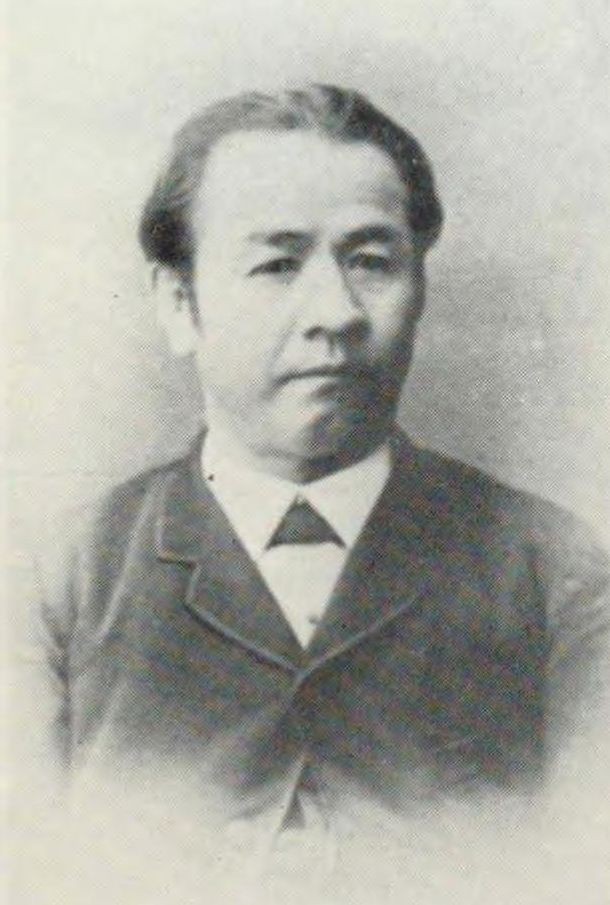
Shibusawa Eiichi, who served the shogunate at the end of the Edo period, accompanied Tokugawa Akitake to France in 1867. In his account of the meals he ate on the French ship that he boarded in Yokohama, he wrote, "After the meal, they served us coffee, which is water made from boiled beans. I mixed it with sugar and milk and drank it. It left me feeling extremely refreshed."
Perhaps because of the times, when people were somewhat accustomed to Western culture, Eiichi Shibusawa's coffee experience left a good impression from the start.
Incidentally, while staying in France, Shibusawa learned that the Meiji Restoration had taken place in Japan, and upon returning to Japan, he devoted himself to the modernization of Japan.
Perhaps because of the times, when people were somewhat accustomed to Western culture, Eiichi Shibusawa's coffee experience left a good impression from the start.
Incidentally, while staying in France, Shibusawa learned that the Meiji Restoration had taken place in Japan, and upon returning to Japan, he devoted himself to the modernization of Japan.
If you want to enjoy coffee more deeply
" CROWD ROASTER APP"
Manabu at CROWD ROASTER LOUNGE
・Push notifications for article updates・Full of original articles exclusive to CROWD ROASTER
・Direct links to detailed information about green beans and roasters
App-only features
- Choose green beans and roasters to create and participate in roasting events・CROWD ROASTER SHOP: Everything from beans to equipment is readily available
・GPS-linked coffee map function

